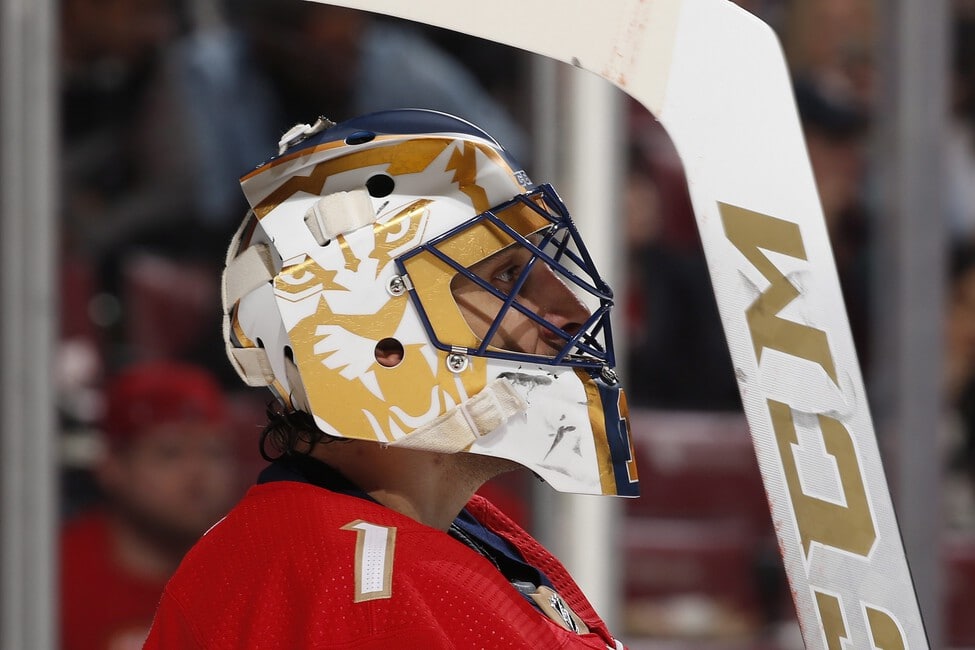

The trade that sent Roberto Luongo back to the Florida Panthers continues to be a topic of discussion for Vancouver Canucks fans and hockey analysts alike. On March 4, 2014, after eight seasons with the Canucks, Luongo, along with prospect Steven Anthony, was traded to the Panthers in exchange for Jacob Markstrom and Shawn Matthias. Revisiting this trade over a decade later reveals a complex legacy with both positive and negative outcomes for Vancouver.
Luongo's initial arrival in Vancouver in 2006 signaled a new era for the Canucks. Acquired from Florida with Lukas Krajicek and a sixth-round pick for Todd Bertuzzi, Bryan Allen, and Alex Auld, Luongo quickly established himself as one of the league's premier goaltenders. During his tenure, the Canucks consistently contended for the Stanley Cup, reaching the Finals in 2011. He holds the franchise record for wins with 367.
Despite his individual success and team achievements, Luongo's time in Vancouver was not without its challenges. He faced intense media scrutiny and pressure from fans. The goaltending controversy with Cory Schneider added another layer of complexity, and the infamous "my contract sucks" comment reflected his frustration with the situation.
Ultimately, Luongo requested a trade, leading to his return to Florida. At the time, trading an elite goalie for unproven talent seemed like a loss for the Canucks. However, the key acquisition in the trade, Jacob Markstrom, developed into a reliable starting goalie for Vancouver. Markstrom's performance in recent seasons has led some to suggest that the Canucks acquired equal value in the trade. Shawn Matthias, the other player acquired, contributed forward depth before leaving in free agency.
The trade also had long-term cap implications for the Canucks. Due to the NHL's cap recapture penalty, the Canucks faced a penalty of over $3 million against the cap for three seasons following Luongo's retirement. This penalty stemmed from Luongo's earlier 12-year, $64 million contract, which was signed in 2009.
In hindsight, the Luongo trade is a mixed bag for the Canucks. While losing an elite goaltender like Luongo was undoubtedly a setback, the emergence of Markstrom as a quality starter softened the blow. The cap recapture penalty was a significant consequence, impacting the team's financial flexibility. The trade also marked the end of an era for the Canucks, ushering in a period of transition and rebuilding.
The trade allowed Luongo to return to Florida, where he eventually retired after 19 seasons in the NHL. The Panthers retired Luongo's jersey, making him the first player in franchise history to receive that honor. Looking back, the Luongo trade represents a significant chapter in Canucks history, filled with both success and disappointment. It highlights the challenges of managing star players, navigating complex contracts, and the unpredictable nature of player development.